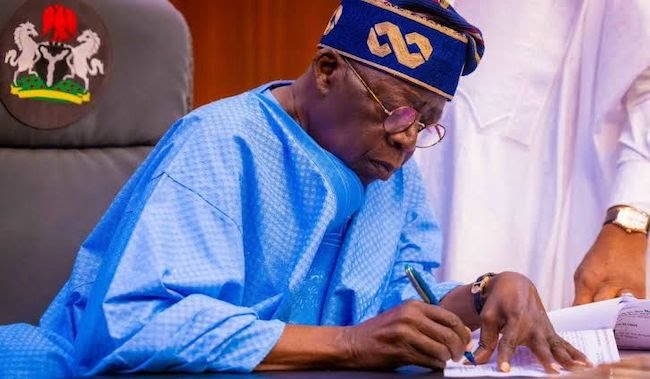In a year marked by economic strain and rising living costs, Nigeria’s 2025 budget presents a troubling reality — government spending per citizen remains critically low.
The combined federal and state budgets allocate just $0.63 per person per day—well below the World Bank’s extreme poverty benchmark of $2.15.

Declining Budget Per Capita
According to a report by Analysts Data Services and Resources (ADSR), the federal government budgets only $0.43 per capita, while state governments contribute just $0.21.
Moreover, these figures have dropped from the previous year’s $0.56 and $0.36, highlighting the worsening effects of naira depreciation and foreign exchange pressures.
Furthermore, ADSR emphasises the severity of the situation, stating that “the government’s daily budget per person at all levels—national, federal, and state—falls far below the poverty line”.
As a result, the government struggles to provide essential services such as food, healthcare, and education.
What Citizens Get
In terms of naira, if authorities evenly distributed the budget, each Nigerian would receive ₦348,481 annually (₦955 per day).
Specifically, the federal government allocates ₦235,706 per person per year (₦645.8 daily), while state governments contribute ₦115,500 per person per year (₦317 daily).
Read Also; Dangote To Boost Ethiopia’s Cement Production With $400M Expansion
Meanwhile, Nigeria has approved a total budget of ₦81.3 trillion for 2025, representing a 51.9% increase from 2024.
The federal government raised its budget by 56.9% to ₦54.99 trillion, whereas state governments increased theirs by 42.4% to ₦26.30 trillion.
Debt Concerns Remain
Although President Bola Tinubu pushed the national budget from ₦49.7 trillion to ₦54.2 trillion to boost capital expenditure, analysts warn that soaring debt servicing costs could significantly weaken its impact.
Consequently, concerns persist over whether this budget can genuinely improve citizens’ welfare.

